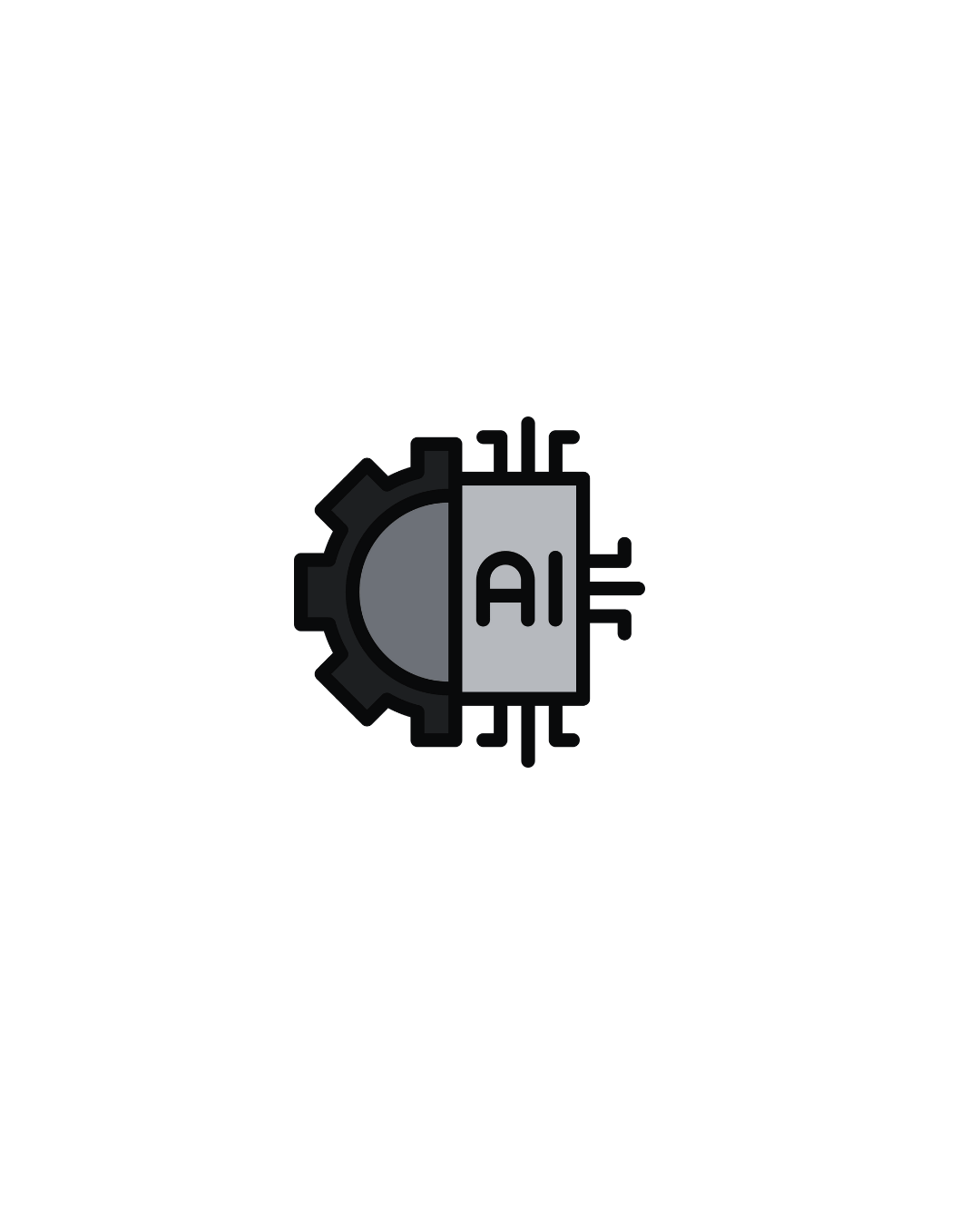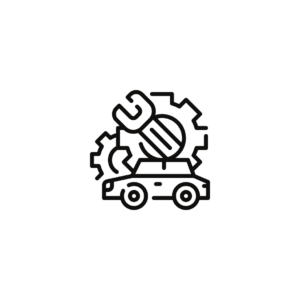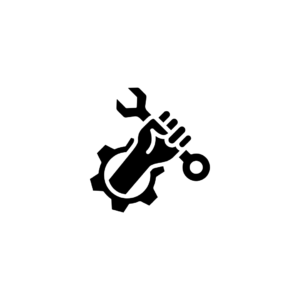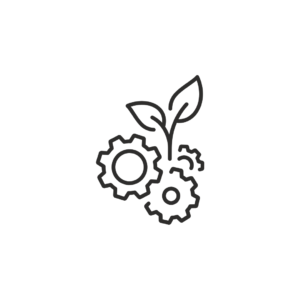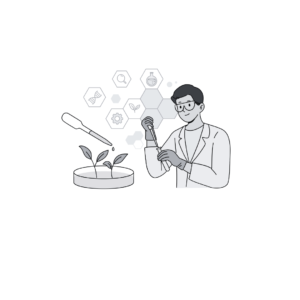Description
A Diploma in Instrumental Technology Engineering is a specialized program that focuses on the design, development, maintenance, and application of instruments and instrumentation systems used in various industries. This program prepares students for careers in sectors such as manufacturing, process control, automation, and quality assurance, where precise measurement and control of physical variables are critical.
Curriculum Overview
The curriculum for a Diploma in Instrumental Technology Engineering typically includes a blend of theoretical knowledge and practical skills. Here are some common subjects and areas of study you might encounter:
Fundamentals of Instrumentation:
Introduction to basic instrumentation concepts, including types of instruments, measurement principles, and the role of instrumentation in various applications.
Measurement and Control Systems:
Study of various measuring instruments (like sensors and transducers), control systems, and their applications in industrial processes.
Analog and Digital Electronics:
Understanding electronic components, circuit design, analog and digital signal processing, and their relevance to instrumentation.
Process Control Systems:
Overview of process control strategies, including feedback and feedforward control, PID controllers, and their implementation in automation.
Sensors and Transducers:
Detailed study of various sensors and transducers used for measuring temperature, pressure, flow, and other physical parameters.
Data Acquisition Systems:
Understanding the principles of data collection, instrumentation interfacing, and the use of software for data analysis and simulation.
Quality Control and Assurance:
Techniques for ensuring quality in measurement systems, including calibration, validation, and quality management practices.
Industrial Automation:
Basics of industrial automation, including programmable logic controllers (PLCs), SCADA systems, and automation technologies.
Electrical and Electronic Fundamentals:
Overview of electrical circuits, power supplies, analog and digital techniques relevant to instrumentation.
Computer Applications in Instrumentation:
Application of computer software for data analysis, modeling, and simulation in instrumentation projects.
Project Work:
A hands-on project that allows students to apply their knowledge in practical situations, often involving designing or improving an instrumentation system.
Career Opportunities
Graduates of a Diploma in Instrumental Technology Engineering have various career opportunities in different sectors, including manufacturing, energy, pharmaceuticals, and environmental monitoring. Some potential job roles include:
Instrumentation Engineer: Designing and maintaining instruments used for measuring and controlling physical quantities.
Control Systems Engineer: Developing and implementing control systems for automated processes.
Process Engineer: Optimizing industrial processes through effective instrumentation and control methods.
Calibration Technician: Ensuring that instruments accurately measure and operate according to standards and specifications.
Field Service Engineer: Installing, troubleshooting, and maintaining instrumentation systems at client sites.
Automation Engineer: Working on the design and implementation of automated systems in manufacturing or process environments.
Quality Assurance Engineer: Ensuring the reliability and accuracy of instruments and processes in production settings.
Data Acquisition Specialist: Managing data collection and analysis systems in research or industrial applications.
Technical Consultant: Advising businesses on instrumentation and automation solutions to improve efficiency and accuracy.
Research and Development Engineer: Contributing to the development of new instruments and technology in various engineering fields.
Further Education
After completing a Diploma in Instrumental Technology Engineering, graduates may choose to pursue a Bachelor’s degree in Instrumentation Engineering, Electrical Engineering, or a related field. Additionally, obtaining certifications in specialized areas such as advanced instrumentation, control systems, or automation can further enhance career prospects and professional skills.
If you have any questions about the Diploma in Instrumental Technology Engineering program, potential career paths, or any related topics, feel free to ask!





